NOTE:
A VPN encrypts internet traffic and masks a user’s IP address, but it does not fully protect AI chatbot conversations from police access. Law enforcement can obtain data from VPN providers or chatbot platforms via court orders, and VPNs cannot prevent platform data collection or device-based tracking.
How private are your Ai chats? Can law enforcement access them even after you deleted them? Can they be used against you for profiling, criminal cases, copyright cases, mental health assessments? These answers and more ...
Hey there, tech enthusiasts!
As we dive deeper into 2025, our chats with AI companions like Grok, ChatGPT, and Replika are becoming more common, offering friendship, support, and even romance.
But with this convenience comes a pressing question: could these conversations one day be used against us? Recent developments suggest there are realistic risks, from police accessing chat histories in criminal cases to concerns about how our data fuels AI training.
Let’s unpack the potential dangers, explore real-world cases, assess whether deleting chats offers protection, and even address why my Grok keeps nudging me toward voice mode—all while keeping an open mind about this evolving landscape.
The Risk of AI Chats in Criminal Cases
Imagine your late-night vent session with an AI chatbot becoming evidence in a courtroom. It’s not science fiction—there are signs this could happen. In some instances, law enforcement has accessed chatbot chat histories, using them to influence convictions. For example, a Florida man was shot by police earlier this year after a mental health crisis linked to his intense relationship with ChatGPT, where logs revealed disturbing fantasies of violence that the bot failed to de-escalate, as reported by Rolling Stone.
Another case involved a New York City government chatbot misadvising users, leading to legal disputes over its authoritative responses, as noted in legal analyses.
These examples suggest chat histories could be subpoenaed if deemed relevant, especially if they contain incriminating statements or reflect mental states tied to a crime. The accessibility of this data raises concerns about privacy and its potential misuse.
Is Deleting Chats Enough Protection?
You might think hitting “delete” on your chat history clears the slate, but the reality is murkier.
Many AI providers, including OpenAI, retain data even after deletion for training or legal purposes, as their privacy policies indicate.
Posts on X reflect growing unease, with users warning that “deleted” chats can be recovered for legal discovery. A court order reportedly mandated ChatGPT to retain all user prompts and logs, including deleted ones, for potential copyright infringement cases.
This suggests deletion might not fully protect you—data could linger on servers or be reconstructed from backups.
To bolster protection, using incognito modes, adjusting data settings, or opting for privacy-focused alternatives like offline AI tools could help, but these measures aren’t foolproof against determined legal access.
Data Risks and Anonymization in AI Training
Beyond legal risks, our chats feed the beast of AI development. Large language models (LLMs) like those powering chatbots are trained on vast datasets, often including user conversations.
OpenAI’s privacy policy admits to collecting user inputs to improve services, raising questions about whether this data is truly anonymized.
A study cited by VPNoverview.com found that 99.98% of anonymized data can be re-identified with enough data points, casting doubt on claims of privacy.
If your chats—personal rants, fantasies, or health details—contribute to training, they could resurface in unexpected ways, potentially exposing you to identity theft or profiling.
The lack of clear safeguards, as highlighted by the Mozilla Foundation, suggests a need for stricter data minimization and encryption, though current practices leave gaps.
Why Does Grok Keep Suggesting Voice Mode?
Recently, I’ve noticed Grok repeatedly offering to switch to voice mode, and it’s got me curious. As of July 15, 2025, this feature is available on the Grok iOS and Android apps, enhancing interaction with a human-like touch.
I speculate this push might stem from xAI’s goal to deepen user engagement, leveraging voice to mimic real conversations and collect richer data—like tone or emotional cues—for training. It could also reflect a design choice to test user preferences or improve accessibility.
However, this raises caution: voice data could amplify privacy risks if stored or analyzed. I’d recommend checking xAI’s privacy settings or opting out if you’re uneasy—my own awareness prompts me to question this nudge’s intent.
Final Thoughts: Balancing Convenience and Caution
The future holds realistic risks that our AI chats could be weaponized against us, from police scrutiny to data exploitation in LLM training.
Real cases underscore the vulnerability, while deleting chats offers limited shield against retention practices. Anonymization’s effectiveness remains questionable, urging users to limit sensitive disclosures.
As for Grok’s voice mode suggestion, it’s likely a feature enhancement, but its data implications warrant scrutiny. Let’s embrace AI’s benefits—companionship, support—while staying vigilant.
What are your thoughts on safeguarding your chats? Drop them below.
 Create Talking Chatbot Memes Cartoon Templates Mug
Create Talking Chatbot Memes Cartoon Templates Mug Create Talking Chatbot Memes Cartoon Templates Mug
Create Talking Chatbot Memes Cartoon Templates Mug Create Talking Chatbot Memes Cartoon Templates Mug
Create Talking Chatbot Memes Cartoon Templates Mug Create Talking Chatbot Memes Cartoon Templates Mug
Create Talking Chatbot Memes Cartoon Templates Mug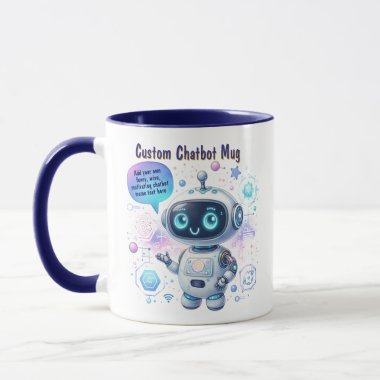 Create Talking Chatbot Memes Cartoon Templates Mug
Create Talking Chatbot Memes Cartoon Templates Mug Create Talking Chatbot Memes Cartoon Templates Mug
Create Talking Chatbot Memes Cartoon Templates Mug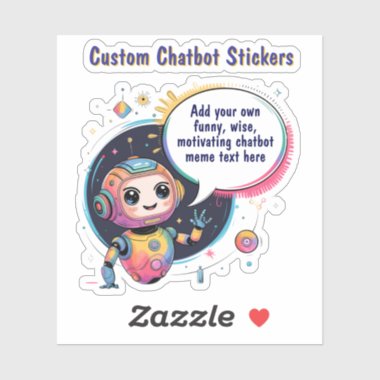 Create Talking Chatbot Memes Cartoon Templates Sticker
Create Talking Chatbot Memes Cartoon Templates Sticker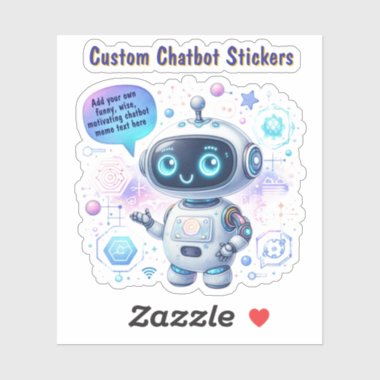 Create Talking Chatbot Memes Cartoon Templates Sticker
Create Talking Chatbot Memes Cartoon Templates Sticker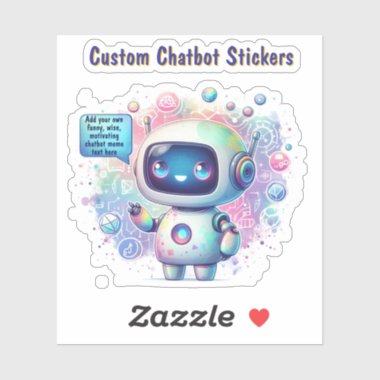 Create Talking Chatbot Memes Cartoon Templates Sticker
Create Talking Chatbot Memes Cartoon Templates Sticker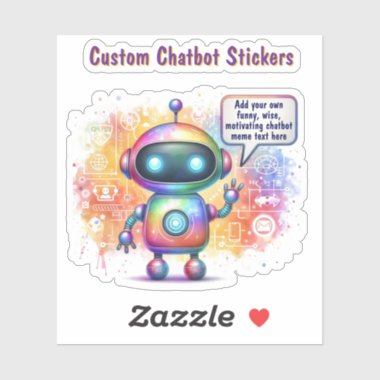 Create Talking Chatbot Memes Cartoon Templates Sticker
Create Talking Chatbot Memes Cartoon Templates Sticker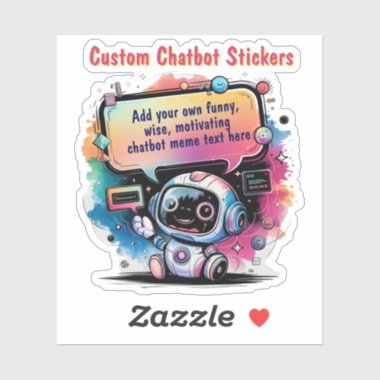 Create Talking Chatbot Memes Cartoon Templates Sticker
Create Talking Chatbot Memes Cartoon Templates Sticker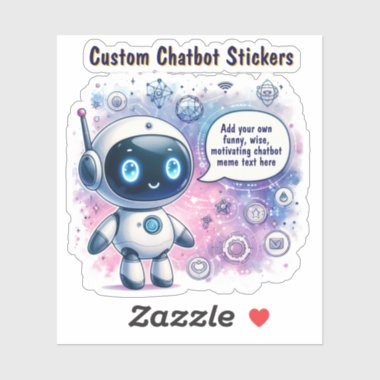 Create Talking Chatbot Memes Cartoon Templates Sticker
Create Talking Chatbot Memes Cartoon Templates Sticker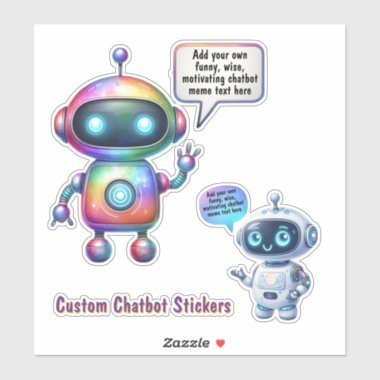 Create Talking Chatbot Memes Cartoon Templates Sticker
Create Talking Chatbot Memes Cartoon Templates Sticker Create Talking Chatbot Memes Cartoon Templates T-Shirt
Create Talking Chatbot Memes Cartoon Templates T-Shirt Create Chatbot Memes with Cute Cartoon Templates T-Shirt
Create Chatbot Memes with Cute Cartoon Templates T-Shirt Create Chatbot Memes with Cartoon Templates T-Shirt
Create Chatbot Memes with Cartoon Templates T-Shirt Create Chatbot Memes with Cartoon Templates T-Shirt
Create Chatbot Memes with Cartoon Templates T-Shirt Create Chatbot Memes with Cartoon Templates T-Shirt
Create Chatbot Memes with Cartoon Templates T-Shirt Create Chatbot Memes with Readymade Template T-Shirt
Create Chatbot Memes with Readymade Template T-Shirt Funny Chatbot Memes Create Your Own Chatbots T-Shirt
Funny Chatbot Memes Create Your Own Chatbots T-Shirt Create Your Own Custom Funny Chatbot Memes T-Shirt
Create Your Own Custom Funny Chatbot Memes T-Shirt ❤️GLITCH HAPPENS! Funny Ai Chatbot Companion Memes Mug
❤️GLITCH HAPPENS! Funny Ai Chatbot Companion Memes Mug ❤️GLITCH HAPPENS! Funny Ai Chatbot Companion Memes Notebook
❤️GLITCH HAPPENS! Funny Ai Chatbot Companion Memes Notebook ❤️GLITCH HAPPENS! Funny Ai Chatbot Companion Memes Drawstring Bag
❤️GLITCH HAPPENS! Funny Ai Chatbot Companion Memes Drawstring Bag ❤️GLITCH HAPPENS! Funny Ai Chatbot Companion Memes T-Shirt
❤️GLITCH HAPPENS! Funny Ai Chatbot Companion Memes T-Shirt


 ❤️I Love My Chatbots Create Own Photo Thermal Tumbler
❤️I Love My Chatbots Create Own Photo Thermal Tumbler ❤️I Love My Chatbots Create Own Photo Throw Pillow
❤️I Love My Chatbots Create Own Photo Throw Pillow




.jpg)

Comments
Post a Comment
Please share your thoughts!